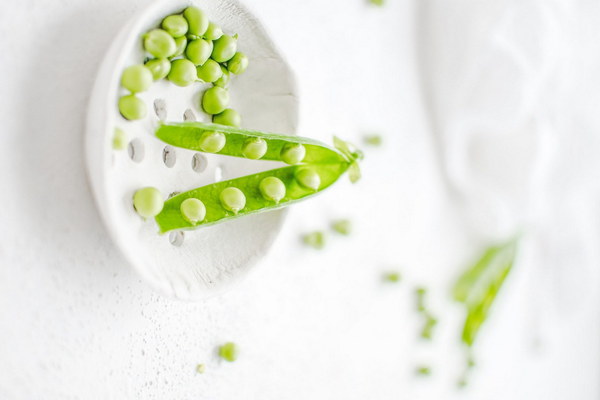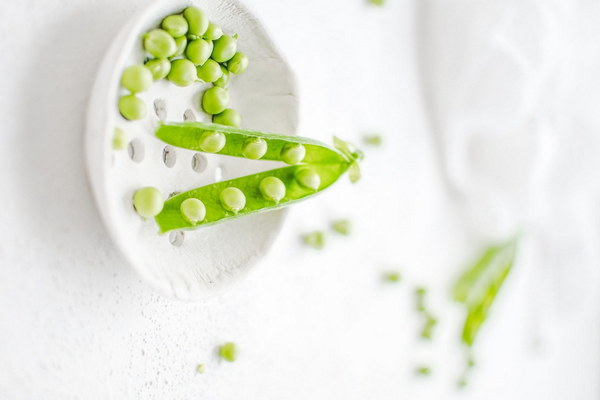Nourishing the Body Traditional Chinese Remedies for the Warming of the Solstices – Embracing the Wealth of Winter
As the world transitions from the warmth of autumn to the crisp chill of winter, the ancient wisdom of Traditional Chinese Medicine (TCM) offers a wealth of remedies and practices to prepare the body for the season of hibernation. Nourishing the Body: Traditional Chinese Remedies for the Warming of the Solstices delves into the art of winter supplementation, focusing on the essential principles of TCM and how they can be applied to enhance one's health during the coldest months.
The ancient Chinese believed that the body's energy, or Qi, should be balanced throughout the year to maintain health. The arrival of winter, with its cold and dry climate, presents a unique challenge to the body's internal balance. TCM suggests that during this time, the body needs to be strengthened and replenished to combat the cold and to prepare for the coming spring, when energy is believed to be renewed.
Understanding the Concept of Warming of the Solstices
In TCM, the Warming of the Solstices refers to the time around the winter solstice, when the sun is at its lowest point in the sky and daylight hours are shortest. This period is considered critical for the body to absorb nutrients and build up its reserves, as the cold and darkness of winter can weaken the immune system and make individuals more susceptible to illness.
The Art of Winter Supplementation
TCM emphasizes the importance of tonifying the body during the winter months. This involves the use of specific herbs, foods, and lifestyle changes to boost the body's Qi and blood, as well as to address any deficiencies that may have accumulated during the warmer seasons.
Herbal Remedies

Herbs are a cornerstone of TCM, and many have been used for centuries to support the body during winter. Some popular winter tonics include:
- Schisandra (Wu Wei Zi): Known for its adaptogenic properties, Schisandra is believed to boost the immune system and improve energy levels.
- Goji Berries (Lu Jiao Zi): These berries are rich in antioxidants and are thought to enhance vitality and longevity.
- He Shou Wu: This herb is used to strengthen the kidneys and improve fertility, as well as to nourish the hair and skin.
Food Therapy
TCM also suggests incorporating certain foods into the diet to support the body during winter. These foods are often rich in vitamins, minerals, and other nutrients that can help maintain health and balance the body's Qi. Some winter foods to consider include:
- Root Vegetables: Carrots, beets, and sweet potatoes are warming and grounding, helping to build up the body's reserves.
- Winter Squash: Butternut, acorn, and pumpkin are not only nutritious but also provide a comforting and warm feeling.
- Nuts and Seeds: Almonds, walnuts, and flaxseeds are high in healthy fats and can help to boost the immune system.
Lifestyle Changes
In addition to herbal and dietary remedies, TCM emphasizes the importance of making lifestyle changes to support the body during winter. These include:
- Regular Exercise: Gentle activities like tai chi or qigong can help to boost circulation and maintain a healthy Qi.
- Adequate Sleep: Ensuring enough rest is crucial for the body to repair and regenerate.
- Stress Management: Practices such as meditation or yoga can help to reduce stress and promote overall well-being.
Conclusion
Winter is a time for rest and rejuvenation. By embracing the wisdom of TCM and its winter supplementation practices, individuals can strengthen their body's defenses and prepare for the cold months ahead. Nourishing the body during the Warming of the Solstices is not only about staying warm but also about cultivating a foundation for health and vitality throughout the year.









